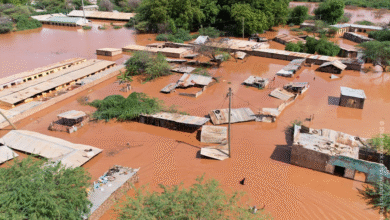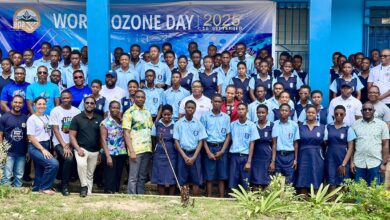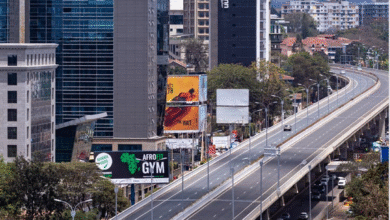Nasheed Urges Ghana to Turn Trees into Wealth Through Carbon Credits

Former Maldives president and current Secretary-General of the Climate Vulnerable Forum (CVF), Mohamed Nasheed, has called on Ghana to leverage its climate resilience efforts into a revenue-generating stream by monetising trees and forests through carbon credits.
Speaking in Accra during his recent visit, Nasheed said Ghana and other climate-vulnerable countries cannot afford to see their natural assets only as environmental protection tools. Instead, they must also see them as financial instruments that can generate prosperity.
“A tree is not just shade, firewood or beauty. It is a mitigation outcome because it captures carbon,” Nasheed explained. “I am told an average tree sinks about 15 kilograms of carbon. That means every tree is taking 15 kilograms of harmful carbon dioxide out of the atmosphere. Someone has to pay for that.”
His remarks come at a time when Ghana is strengthening its framework for carbon markets under the Paris Agreement, where “internationally traded mitigation outcomes” allow countries that overshoot their emission targets to offset them by purchasing reductions achieved elsewhere. This system, Nasheed said, could turn Ghana’s forestry, reforestation, and urban greening projects into a reliable source of foreign exchange.
Ghana has already taken bold steps in this area. The country’s carbon market framework has been described as one of the best on the continent, and projects such as the Ghana Garden and Flower Movement and the Forest Prosperity Plan have the potential to merge reforestation, ecotourism, and agriculture in ways that deliver both green spaces and green income.
Nasheed argued that climate adaptation should not be seen as an austerity exercise. “You cannot become resilient if you are poor. You have to be prosperous,” he stressed. For him, resilience means finding ways to make climate action pay its way by planting more trees, generating more credits, and attracting more investment.
The stakes are particularly high for Ghana, where urbanisation and deforestation are squeezing green spaces in cities such as Accra and Kumasi. Without economic value attached to greenery, Nasheed warned, trees risk being cut down for short-term needs. “If someone doesn’t pay for these trees, we’re going to cut them down. I mean, you can’t argue with that,” he said.
Experts believe Ghana could stand to benefit significantly from tapping into international carbon markets. By pricing the environmental services of its forests and greenery, the country could earn revenue to reinvest in jobs, education, healthcare, and infrastructure while also improving resilience against floods, heatwaves, and soil erosion.
For many Ghanaians, the conversation also has a practical dimension. With cocoa farms under threat from deforestation and climate change, integrating trees into farming systems under carbon credit schemes could offer farmers new income streams while protecting livelihoods.
Nasheed’s message was clear: climate prosperity plans must blend environmental stewardship with economic opportunity. “More trees should not only mean more shade and beauty—it should mean more revenue, more jobs, and more security,” he said.
If Ghana succeeds in scaling up its carbon credit initiatives, it could provide a model for other African nations, proving that climate action and economic growth can thrive together.




